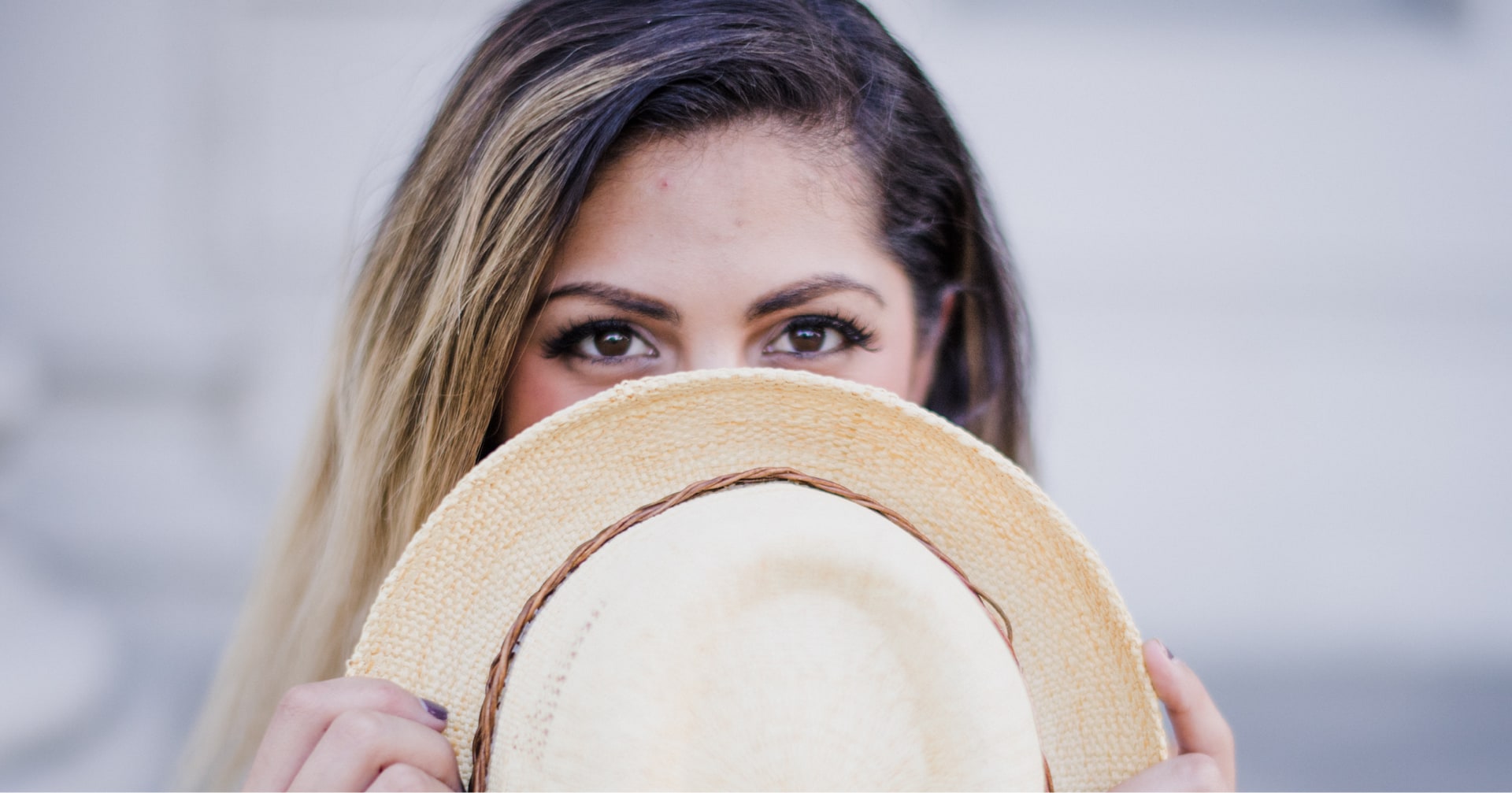My Harmony Solution
Just as our society is evolving,
so the practice of psychology will also need to evolve.
“My mission is to offer more than just guidance—I provide a clear, grounded direction tailored specifically to you, walking alongside you as you create lasting change, unlock your potential, and design a life of true fulfillment and peace.” – Dr. Rita
The Effective Solution To Anxiety
– A Proven, Evidence-Based Approach for Modern Living –
Occasional anxiety is a natural response to stress, but when it becomes chronic, it can overwhelm the nervous system and lead to an anxiety disorder.
Generalised anxiety disorder (GAD) is the most common, alongside OCD, PTSD, cPTSD, and phobias, making accurate identification crucial for effective treatment. Many people struggle in silence, often experiencing low moods, sleep disturbances, and digestive issues. Since no single solution is universally effective, a personalised, integrative approach—combining lifestyle changes alongside therapy—is necessary for lasting relief.
What is the Holistic Lifestyle Interventions
for Anxiety and Stress?
It refers to a comprehensive, evidence-based approach that combines multiple therapeutic strategies from different disciplines to promote mental and physical well-being. This approach acknowledges that anxiety and stress arise from a complex interplay of biological, psychological, and social factors, requiring a holistic, personalised treatment plan.
How Holistic Lifestyle Interventions for Anxiety and Stress Work in Practice?
This approach is based on the Integrative-Multimodal Lifestyle Interventions and integrates multiple evidence-based strategies, tailored to each individual’s needs, to promote long-term resilience and well-being. Here’s how it works in practice:
1. Comprehensive Assessment
The assessment evaluates biological, psychological, and social factors contributing to anxiety and stress. This includes lifestyle habits, diet, sleep patterns, emotional triggers, past trauma, and current coping mechanisms.
2. Personalized Multimodal Plan
A treatment plan is developed by combining various interventions, often including:
- Mind-Body Techniques – Meditation, breathwork, Autogenic Training, Progressive Muscle Relaxation, Guided Imagery, and relaxation exercises to calm the nervous system. These different techniques are tailored to the individual, aiming to balance the mind and body, improve self-awareness, and foster resilience to life’s challenges.
- Nutritional Support – Anti-inflammatory diets, gut-health optimization, and supplementation (e.g., magnesium, omega-3s) to regulate mood.
- Cognitive and Behavioral Strategies – CBT, ACT, or mindfulness-based therapy to reshape thought patterns and responses to stress.
- Physical Activity – Tailored movement plans (walking, strength training, dance, etc.) to boost endorphins and reduce anxiety symptoms.
- Sleep Optimization – Strategies to improve sleep hygiene, regulate circadian rhythms, and enhance restorative rest.
- Social and Emotional Well-being – Strengthening relationships, setting boundaries, and addressing emotional needs.
- Environmental Adjustments – Reducing screen time, exposure to nature, creating calming spaces, and stress management at work.
- Integrative Therapies – A facial reflexology-based technique to relieve stress and support the body’s natural healing processes, herbal remedies, aromatherapy, or other complementary treatments for holistic support.
3. Continuous Monitoring & Adjustments
Since anxiety is dynamic, regular follow-ups help refine interventions, ensuring effectiveness and sustainability. Adjustments are made based on progress, life changes, and personal feedback.
4. Empowering Self-Management
Clients learn to integrate these strategies into daily life, gradually building resilience, emotional regulation, and a healthier relationship with stress and anxiety.
This holistic, multimodal approach ensures that healing is sustainable, comprehensive, and uniquely suited to each individual, addressing root causes rather than just managing symptoms.
What to Expect from the Holistic Lifestyle Interventions for Anxiety and Stress?
This approach offers a holistic, personalized, and sustainable way to manage anxiety and stress by addressing their root causes. Here’s what you can expect:
1. A Comprehensive Understanding of Your Anxiety
- A deep assessment of physical, emotional, and lifestyle factors influencing your stress and anxiety.
- Identification of triggers, patterns, and underlying imbalances.
2. A Personalized, Multi-Faceted Plan
A tailored combination of evidence-based interventions, such as these key-components:
- Mind-body techniques (mindfulness, breathwork, meditation,…).
- Nutritional strategies to support brain and gut health.
- Physical activity to regulate mood and stress hormones.
- Cognitive-behavioral tools to reshape anxious thought patterns.
- Sleep optimization for deep rest and nervous system recovery.
- Social and emotional well-being strategies to improve relationships and resilience.
- Complementary therapies like facial reflexology-based technique, herbal medicine, or aromatherapy if suited to your needs.
3. A Shift in How You Experience Anxiety
- Learning to see anxiety as a signal rather than a threat, guiding you toward self-care and balance.
- More control over symptoms, with tools to calm your nervous system in real-time.
4. Long-Term, Sustainable Change
- Instead of relying on a quick fix, expect gradual, lasting improvement as lifestyle adjustments take effect.
- The ability to integrate these practices into daily life for ongoing emotional well-being.
5. Support and Adjustments Along the Way
- Regular check-ins (self-guided or with a professional) to refine your plan based on what works best for you.
- Encouragement to adapt, grow, and cultivate resilience over time.
By embracing this approach, you’re not just managing anxiety—you’re building a foundation for a healthier, more balanced life with greater emotional strength and well-being.
What to Expect from Yourself in Holistic Lifestyle Interventions for Anxiety and Stress?
This journey is a process of self-discovery, growth, and healing.
Here’s what you may experience along the way:
1. Patience and Commitment
- Healing takes time—expect gradual progress rather than instant results.
- Some strategies will work better than others, and adjustments will be necessary.
2. Self-Awareness and Reflection
- You’ll become more attuned to your thoughts, emotions, and physical sensations.
- Anxiety may start to feel less like a threat and more like a message guiding you toward balance.
3. Openness to Change
- Shifting habits, routines, and thought patterns requires effort and flexibility.
- Some changes (diet, movement, mindfulness) may feel unfamiliar at first but will become more natural over time.
4. Emotional Ups and Downs
- Some days will feel easier, while others may bring setbacks—that’s normal.
- Facing anxiety with new tools can bring discomfort before it brings relief.
5. Taking Responsibility for Your Well-Being
- You’ll actively engage in self-care, learning what nourishes and supports you.
- Recognizing that small, consistent actions lead to lasting change.
6. Increased Resilience and Self-Trust
- Over time, you’ll develop a stronger sense of control over stress and anxiety.
- You’ll build confidence in your ability to manage challenges and navigate life with more ease.
7. A Shift in Perspective
- You may start seeing anxiety as a guide rather than an enemy.
- Growth and healing become an ongoing journey, not a final destination.
By embracing the process with compassion, persistence, and self-kindness, you’ll create a healthier, more balanced life where anxiety no longer holds you back.



